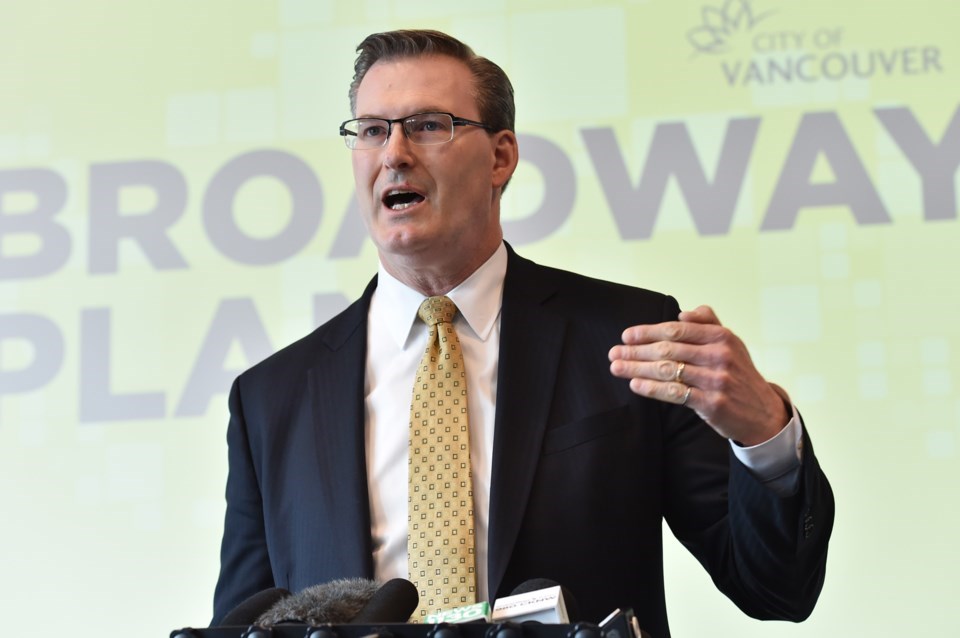Metro Vancouver’s commissioner and CAO Jerry Dobrovolny received a 15 per cent pay raise in 2023 and cashed in over $200,000 in taxable benefits to push his total remuneration to $711,668.
In 2023, Dobrovolny was paid a base salary of $451,949, up from $393,607 the year prior.
Other top payees included deputy CAO Heather McNell, who was compensated 17.6 per cent more in 2023 than in 2022, with a new base salary of $327,132, up from $278,503.
In just three years, since 2020, the bureaucracy at Metro Vancouver has realized a 38 per cent increase in compensation, according to the released for the June 19 finance committee meeting.
The Metro Vancouver Regional District increased payments (inlcuding salaries, benefits and expenses) to its bureaucracy by 19 per cent in 2023, increasing to roughly $233 million from about $195 million, in 2022.
Metro Vancouver Jillian Glover explained that the 19 per cent increase is a result of a new contract for employees that includes retroactive pay.
"The collective agreements for the two bargaining units, Teamsters and GVRDEU, involved a pay increase of 3% for 2022 and 4.5% for 2023 ...this increase includes a one-time retroactive payment for recently signed collective agreements," Glover explained to Glacier Media (following publication of this article).
Metro Vancouver’s board, comprising of elected municipal council members, paid itself 11.6 per cent more in 2023 than in 2022, with total remuneration for salaries and per-meeting payments of about $1.6 million.
The top-paid board member was outgoing chair George Harvie, who was compensated $111,291. Vice-chair John McEwan took home $63,783 (and expensed the most of any board member, with $49,239 in expenses).
Board members were given a 7.1 per cent increase in pay in 2023, as their compensation increases in step with the consumer price index. Their salaries also increase in step with local mayors’ salaries every four years and are in line for an adjustment this year.
This year, the average household is set to pay an extra 12 per cent for all regional government services, including water, sewers, garbage pickup and, to a lesser extent, regional parks.
Next year, households will pay an additional 11 per cent, from the .
The have been attributed to a need to renew infrastructure and a past failure to collect money from new developments.
However, these increases do not include a new special levy for the mismanaged North Shore wastewater treatment plant, which was announced earlier this year to have a $3.9-billion price tag, up $2.8 billion from the prior $1.1-billion estimate.
On May 31, that will see sewage costs for North Shore taxpayers go up by $590 a year for the next 30 years (that's on top of an average of $484 of current sewage costs). Costs to other Metro communities will rise by between $80 and $150 annually.
Over the past two years, Metro Vancouver's board has sent members to Australia, Singapore and Netherlands for international conferences to purportedly learn best practices.
This article has been edited with additional information explaining the 19 per cent increase in compensation between 2022 and 2023. The headline has been changed from 'salaries' to 'compensation'

